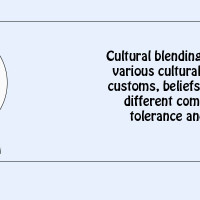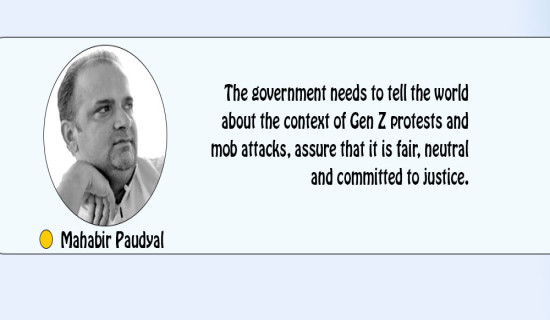- Thursday, 30 October 2025
Can We Engineer Epiphanies?
An epiphany is defined as a moment of sudden and profound understanding, often changing the way we think or approach a particular problem or life situation. While epiphanies are often depicted as rare or mystical, research in cognitive and positive psychology suggests that the human mind is naturally wired to achieve insights through various cognitive processes. These processes can be leveraged to create conditions conducive to epiphanies. Epiphanies are closely related to insight problem-solving, a cognitive process where a solution appears to emerge suddenly after a period of incubation. Insights are often preceded by periods of struggle or impasse, where analytical thinking seems to fail.
When we stop actively engaging with the problem, our brains (thankfully) continue working in the background, forming connections between previously unlinked concepts. This highlights a paradox: actively chasing an epiphany might not work so well, but creating environments where epiphanies can occur is within our control. Epiphanies often arise during moments of reflection and mental stillness. Research shows that mindfulness meditation, which encourages a non-judgmental awareness of the present moment, helps us access deeper cognitive processes. Mindfulness practice can quiet the mind and foster the clarity needed for new connections to emerge.
Practically speaking, incorporating daily mindfulness practices can increase our capacity to experience moments of clarity. Instead of overloading our minds with distractions or endless analysis, creating space for mental stillness allows latent ideas and unconscious thoughts to rise to the surface. Writing in a journal or engaging in structured reflection can stimulate epiphanies by encouraging us to externalise our thoughts. By stepping back and examining our thoughts from a distance, we are more likely to uncover patterns, beliefs, or assumptions that have been hidden from conscious awareness. Structured reflection, particularly around past challenges or current dilemmas, helps us make sense of personal experiences, laying the groundwork for new insights. Creativity is a fertile ground for epiphanies, as it involves making novel connections between seemingly unrelated ideas. Engaging in creative activities—whether art, writing, or even solving puzzles—can trigger epiphanies by encouraging lateral thinking and breaking conventional thought patterns. In a study, participants were given a creative problem to solve and then engaged in a distraction task, such as playing a simple game.
Those who engaged in playful tasks were more likely to solve the problem than those who focused directly on it. This phenomenon, known as the "incubation effect," suggests that stepping away from a problem and engaging in creative or playful activities can lead to fresh insights. New experiences and exposure to different perspectives can trigger epiphanies by expanding the range of ideas and stimuli available to our minds. Research shows that experiencing novelty stimulates cognitive flexibility, making our brains more adaptable to change and more likely to form creative insights. Travel, learning new skills, or engaging with people from diverse backgrounds provide rich opportunities for personal epiphanies by encouraging us to question our assumptions and consider alternative viewpoints.
Being open to new experiences also enhances curiosity, which is closely related to insight generation. Individuals high in trait curiosity are more likely to experience moments of awe and wonder, which can serve as the catalyst for life-changing epiphanies. Personal growth often follows periods of adversity or struggle, as these experiences force us to confront our limitations and seek new ways of thinking or being.
Epiphanies frequently bubble up in the context of personal crises, where old ways of thinking no longer cut it. This is evident in the research on post-traumatic growth, which shows that we often experience profound personal transformation following major life challenges. These challenges force a re-evaluation of beliefs, priorities, and identities, laying the groundwork for meaningful epiphanies. Developing resilience—the ability to navigate adversity—is key to fostering personal epiphanies. Resilient individuals view setbacks as opportunities for growth and learning. By cultivating a mindset that embraces challenges rather than avoids them, we can increase the likelihood of encountering transformative insights during difficult times.
- Psychology Today

















